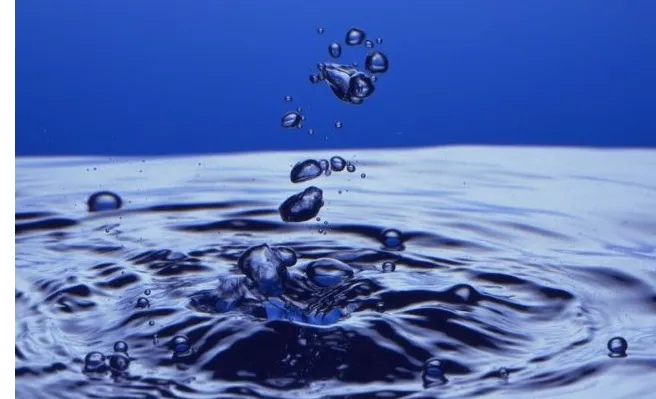
Water is often referred to as the “source of life,” and for good reason. It is a fundamental element that sustains all living organisms, shapes the planet, and drives essential processes in nature. From the tiniest microorganisms to the vast ecosystems of Earth, water plays a pivotal role in the existence and evolution of everything. Here’s why water is truly the source of everything.
- The Foundation of Life
Water is the primary component of all living beings. Human bodies, for instance, are composed of about 60% water, while some plants and animals contain even higher percentages. Water is essential for cellular functions, nutrient transport, and metabolic processes. Without water, life as we know it would cease to exist. - A Catalyst for Evolution
Earth’s oceans are believed to be the cradle of life. Billions of years ago, the first single-celled organisms emerged in water, eventually evolving into complex life forms. Water provided the ideal environment for chemical reactions, enabling the formation of organic molecules and the development of life. - Shaping the Planet
Water has played a crucial role in shaping Earth’s geography. Over millions of years, rivers, glaciers, and oceans have carved mountains, valleys, and coastlines. The water cycle—evaporation, condensation, and precipitation—continuously redistributes water across the planet, influencing weather patterns and climate. - Sustaining Ecosystems
Water is the lifeblood of ecosystems. It supports biodiversity by providing habitats for countless species, from coral reefs to rainforests. Freshwater sources like rivers and lakes are essential for plants, animals, and humans alike. Without water, ecosystems would collapse, leading to a domino effect on all life forms. - A Driver of Human Civilization
Throughout history, human civilizations have flourished near water sources. Rivers like the Nile, Tigris, and Euphrates provided water for agriculture, enabling the development of early societies. Today, water remains critical for farming, industry, and energy production, driving economic growth and technological advancement. - A Symbol of Purity and Renewal
Water holds deep cultural and spiritual significance across the globe. It is often associated with purification, healing, and renewal in various traditions and religions. This symbolic importance underscores its intrinsic value to humanity beyond its physical properties. - A Finite Resource
Despite its abundance, freshwater is a finite resource. Only 2.5% of Earth’s water is freshwater, and much of it is inaccessible or polluted. Climate change, overuse, and pollution threaten water availability, making it imperative to conserve and protect this precious resource.